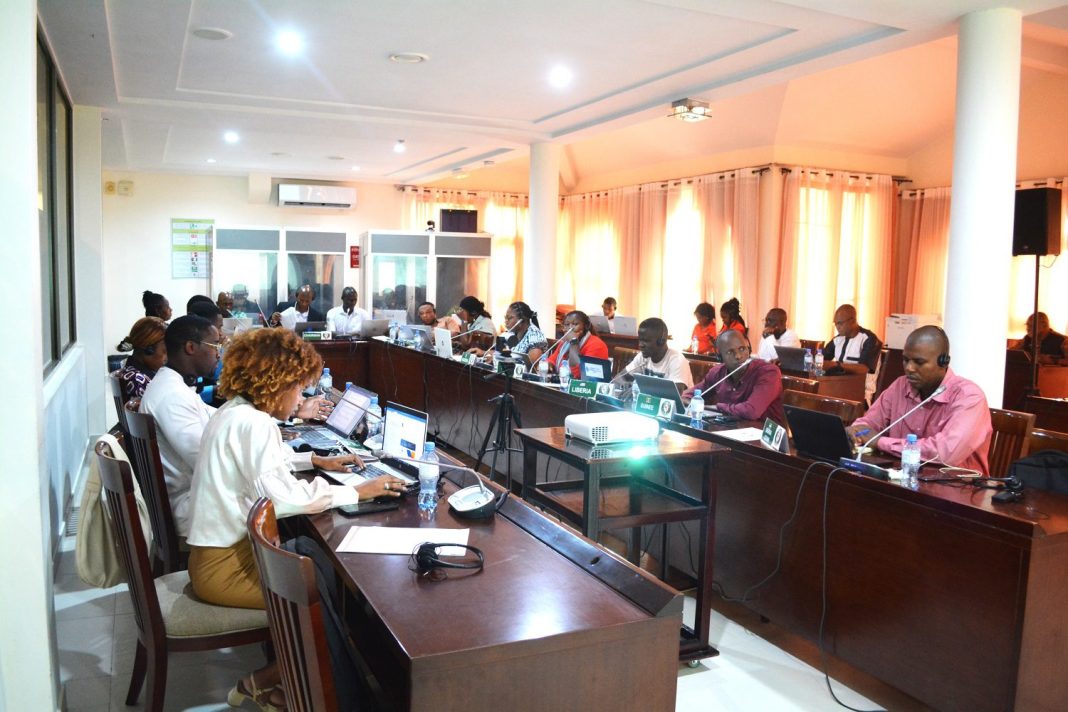

The Economic Community of West African States (ECOWAS) concluded a four-day workshop in Lomé, Togo, on May 22, 2025, finalizing revised agricultural standards for six key products: rice, maize, tomatoes, dry beans, fresh cassava, and groundnuts.
The initiative, organized by ECOWAS’ Directorates of Industry and Agriculture with support from the World Bank’s Food System Resilience Program (FSRP), aims to modernize farming practices, enhance consumer safety, and streamline intra-regional trade.
“Updating our agricultural standards means modernizing our agriculture, protecting our consumers, and supporting regional integration,” said Lassane Kaboré, ECOWAS Director of Industry, during the workshop’s opening session. The revisions align with the ECOWAS Standards Harmonization Model (ECOSHAM) and advance two flagship policies: the ECOWAS Quality Policy (ECOQUAL) and the ECOWAS Agricultural Policy (ECOWAP).
The updated standards focus on improving product quality, reducing post-harvest losses, and ensuring compliance with international safety benchmarks. Once adopted, they are expected to strengthen the competitiveness of West African agricultural exports and reduce non-tariff trade barriers among member states. The draft standards will now undergo national consultations in all 15 ECOWAS countries before final approval by the ECOSHAM Technical Management Committee.
The workshop also emphasized resilience against climate and economic shocks, a core objective of the FSRP. Participating experts highlighted the role of harmonized standards in stabilizing food supplies and attracting investment. “Consistency in quality is critical for building trust in regional markets,” noted a representative from the World Bank.
ECOWAS has intensified efforts to harmonize agricultural regulations since 2020, addressing fragmented standards that previously hindered cross-border trade. The bloc’s agricultural sector contributes over 30% to regional GDP, yet faces challenges such as aflatoxin contamination in grains and inconsistent grading systems.
